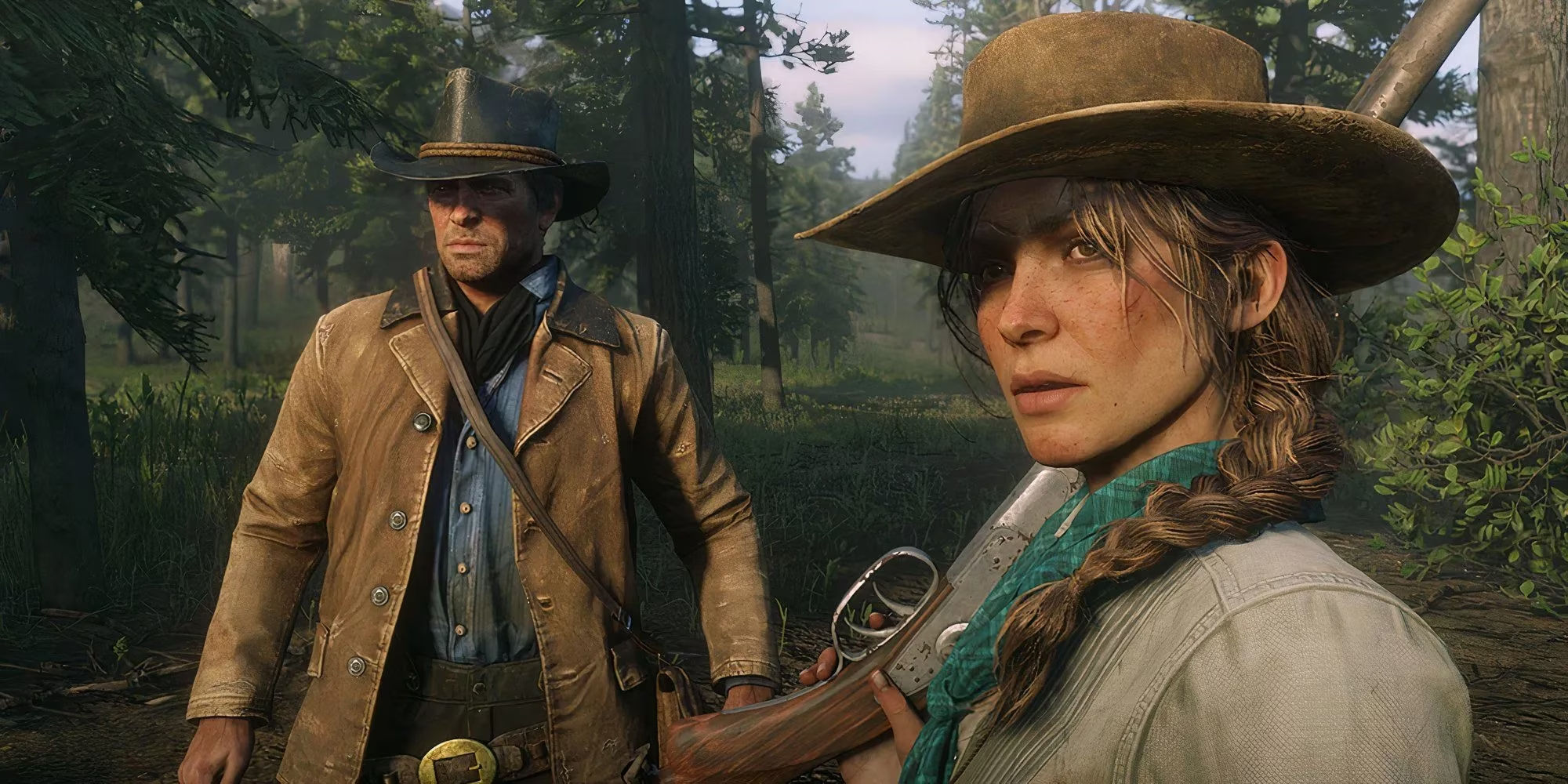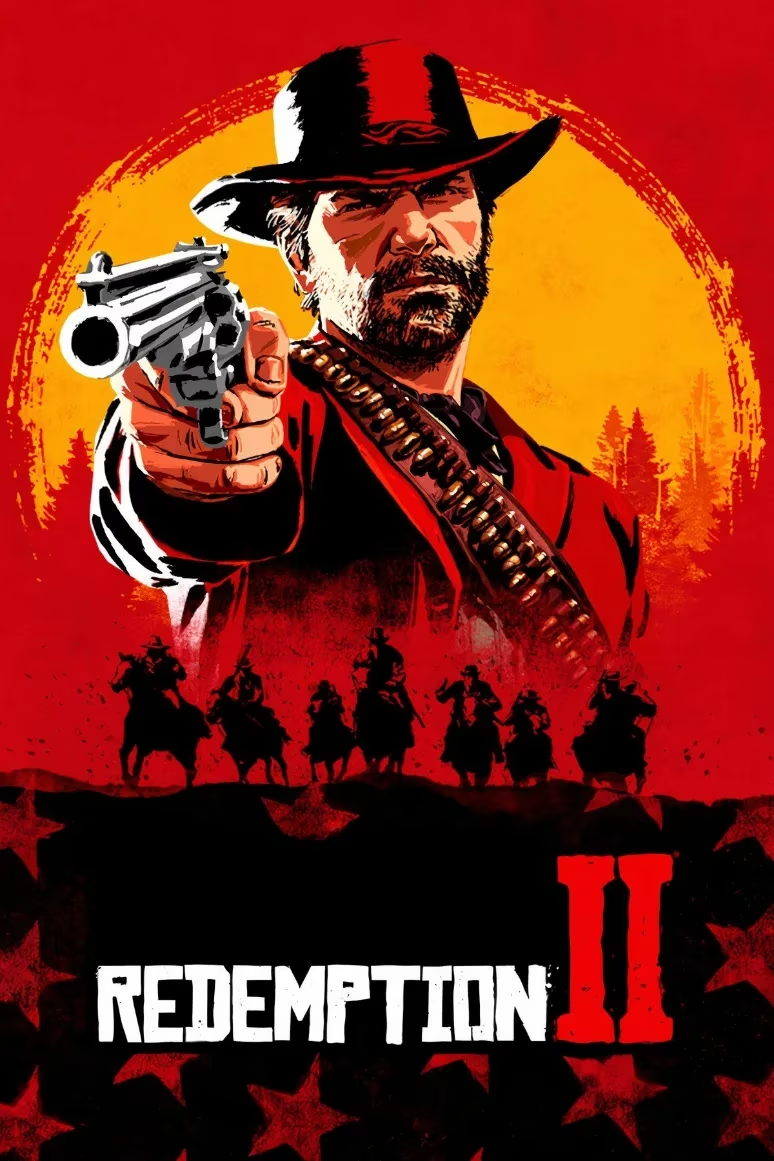In the sweeping vistas of Rockstar's Western epics, amidst the gunfights and galloping horses, lies an unassuming leather-bound book that quietly revolutionizes storytelling. The journal mechanic in Red Dead Redemption games transcends mere gameplay decoration, becoming the narrative backbone that transforms pixels into profoundly human experiences. Arthur Morgan's weathered notebook and John Marston's scribbled pages hold more emotional weight than entire cutscenes in lesser games, capturing intimate reflections during campfire lulls or wilderness solitude. This tactile artifact doesn't just record events—it breathes life into the protagonists' moral conflicts, dreams, and regrets with startling vulnerability. When bullets stop flying and the prairie winds whisper, these handwritten pages become sacred spaces where players discover who these outlaws truly are beneath their hardened exteriors.
📓 Windows to Fractured Souls
Consider how Arthur processes Sean MacGuire's brutal death. While gameplay forces immediate survival reactions, his journal later reveals trembling sketches of the young Irishman alongside raw confessional text: "That fool boy felt like kin—can't shake seeing his hat blown clean off." These revelations reframe earlier antagonistic banter as familial teasing, exposing Arthur's protective instincts. Such entries accomplish what no scripted dialogue could—layering psychological complexity through:
-
Private grief masked by stoicism
-
Moral dissonance about Dutch's crumbling leadership
-
Poetic observations about nature's indifference to human violence
The journals perform archaeological digs into backstories otherwise lost to time. John's bitter recollections of government betrayal gain new dimensions through faded newspaper clippings tucked between pages, while Arthur's pressed flowers hint at lost loves. These aren't collectibles but emotional waypoints mapping internal transformations.
🔄 Organic Storytelling at Your Own Pace
Unlike intrusive tutorials or compulsory codex entries, the journal respects player autonomy. Rockstar masterfully avoids forcing engagement—instead luring you in through subtle cues. A discreet notification blips when Arthur adds new content, often after emotionally charged missions. The genius lies in placement opportunities:
| Scenario | Journal Engagement |
|---|---|
| After intense shootouts | High—players seek decompression |
| During camp downtime | Medium—natural browsing rhythm |
| While exploring | Low—action takes priority |
The rhythm creates organic reflection cycles. After narrowly escaping Pinkerton ambushes, players naturally gravitate toward campfires where flipping through sketches of eagles soaring over snowy peaks provides therapeutic contrast to violence. These quiet moments transform gaming from spectacle to meditation, letting you absorb trauma at human speed rather than developer-dictated pace.
🌱 Growth Measured in Ink Stains
Beyond emotional revelations, the journals masterfully visualize progression through tangible evidence. Arthur's early clumsy animal sketches—smudged charcoal blobs vaguely resembling deer—gradually refine into anatomical masterpieces as he studies ecosystems. This evolution mirrors gameplay development:
-
Initial disorientation in wilderness
-
Developing observation skills
-
Masterful understanding of ecosystems
Every filled page becomes a trophy case for micro-achievements: pressed rare orchids from swamps, diagrams of dinosaur bones, or cynical margin notes about corrupt sheriffs. Unlike achievement pop-ups, these quiet victories feel earned through personal curiosity rather than game-design mandates. The journal's physical heft in your inventory literally grows alongside your understanding of the world—a brilliant tactile metaphor for character development.
❗ Why RDR3 Must Preserve This Legacy
As development ramps up for the next Red Dead installment circa 2025, pressure mounts for cutting "inessential" features to accommodate advanced mechanics. Some argue streamlined lore menus could replace handwriting systems. But this ignores the journal's irreplaceable magic—its ability to cloak meta-narrative in diegetic authenticity. Where digital codexes scream "GAME MENU," Arthur's pencil scratches whisper "human experience." Consider the cost-benefit:
✅ Low development resource investment
✅ Deepens emotional resonance exponentially
✅ Unique immersion impossible through UI
Losing this feature would unravel the series' soul. When Arthur faces his final sunset ride, players don't recall weapon stats—they remember tear-stained pages where a dying man sketched sunrise over mountains he'd never climb. That's why Rockstar must resist industry trends toward clinical efficiency. The journal isn't nostalgia—it's narrative oxygen.

🔥 Ready to rediscover gaming's most human storytelling? Reinstall Red Dead Redemption 2 tonight—but this time, truly live through Arthur's eyes. Camp under the stars, brew coffee, and let his words guide you beyond missions into the wilderness of conscience. That battered journal awaits your renewed attention—don't make an outlaw wait forever.
Comments